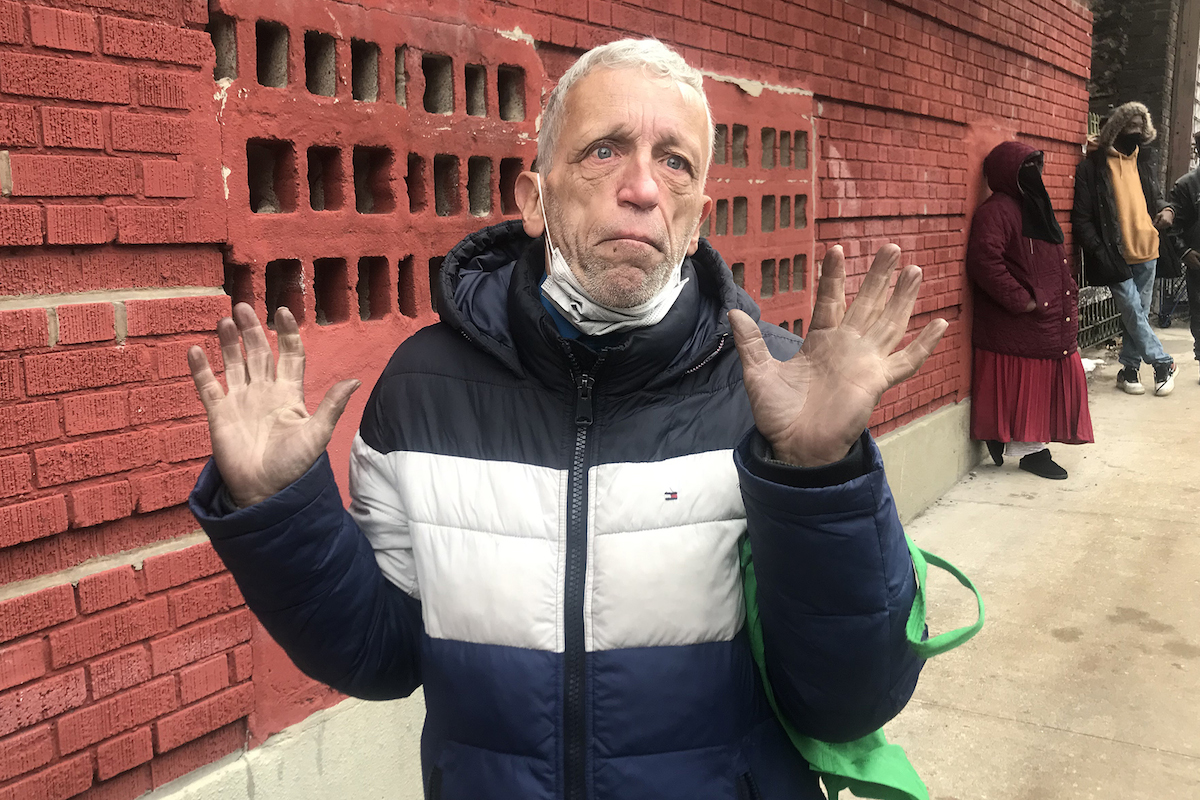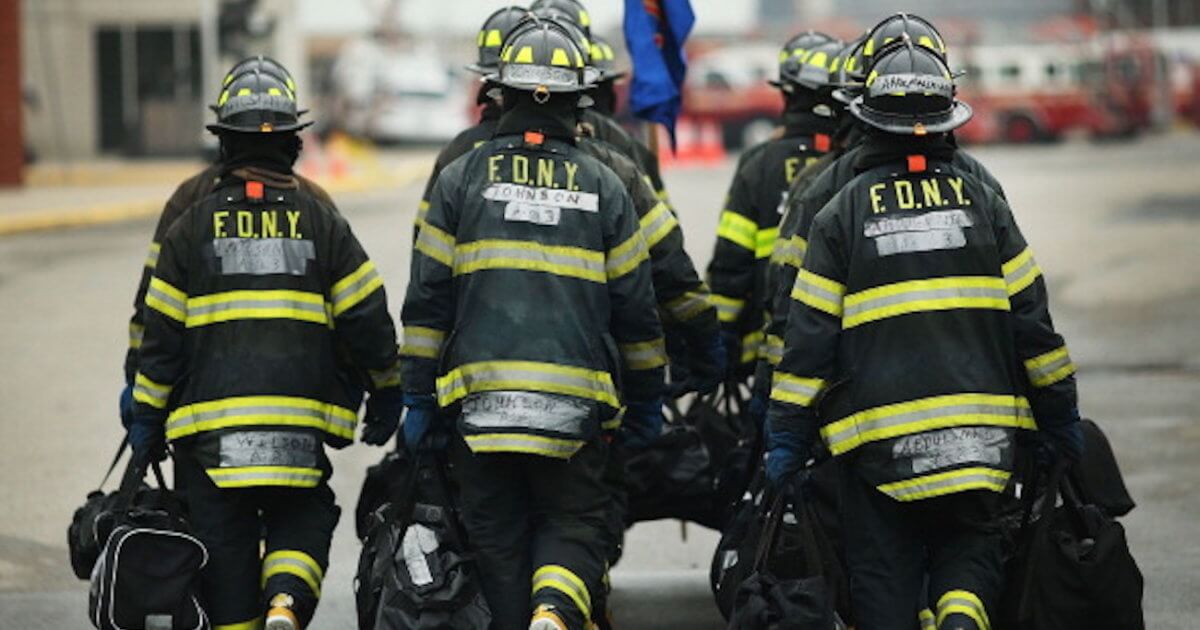New York's Finest
- Joseph Brannigan, 61, who is currently battling advanced bladder cancer, was saved by the New York Fire Department when a massive fire in his apartment building occurred on Sunday.
- Due to their exposure to pollution, smoke, and asbestos firefighters have a 9% increased rate of cancer diagnoses and a 14% increased rate of cancer-related deaths.
- Asbestos is a known carcinogen. It was widely used in commercial products in the U.S. until the 1970s, when reports linked it to cancers like mesothelioma.
Fortunately, a group of New York firefighters were able to rescue Brannigan, who is currently battling advanced bladder cancer, in time. Known as heroes to many, firefighters are also at extremely high risk of being diagnosed with cancer due to their constant exposure to smoke.
Read MoreBrannigan is currently battling advanced bladder cancer, and although his life was saved from the fire, his possessions were not. However, Brannigan says that the material objects don’t matter and that he’s fortunate he was able to walk out of the fire with his life. "We won the lottery of life, the big jackpot," Brannigan said. "We lost everything in the fire. We lost everything. [But] we are the richest people in the world because we won the lottery of life today."

Firefighters & Cancer
Firefighters are at an increased risk of health complications due to constant exposure to smoke and carcinogens. This can include cancer, and there has been a significant increase in cancer diagnoses following the 9/11 terrorist attack, where nearly 500,000 people and first responders were exposed to carcinogens.
According to data from the National Institute for Occupational Safety and Health, part of the Centers for Disease Control, firefighters have a 9% increased rate of cancer diagnoses and a 14% increased rate of cancer-related deaths. Additionally, a study the NIOSH conducted in 2010, which involved 30,000 firefighters in Chicago, Philadelphia, and San Francisco who were employed since 1950, found a higher incidence of digestive, oral, respiratory and urinary cancers.
The likelihood of lung cancer diagnosis or death increased with amount of time spent at fires, and the chance of leukemia death increased with the number of fire runs as well. There was also an increased number of mesothelioma diagnoses, a rare type of cancer in the lungs caused by asbestos exposure.
Retired Lieutenant from FDNY, Gary Howard, shares his experience battling cancer after 9/11
"Some lung cancers are from unknown exposure to air pollution, radon, or asbestos," says Dr. Raja Flores, a thoracic surgeon who treats patients with lung cancer at Mount Sinai Hospital in New York City. "We also see more never-smokers with lung cancer who have a family history of it."
Asbestos is a known carcinogen. It was widely used in commercial products in the U.S. until the 1970s, when reports linked it to cancers like mesothelioma. It's been in the news more recently because of proposed new regulations from the Environmental Protection Agency that may allow the chemical to be used in manufacturing again, which has many people concerned. Asbestos has been banned in 55 countries around the world because of the health risks it poses. Those include an increased risk for a handful of life-threatening diseases including asbestosis, lung cancer, and mesothelioma.
Learn more about SurvivorNet's rigorous medical review process.

